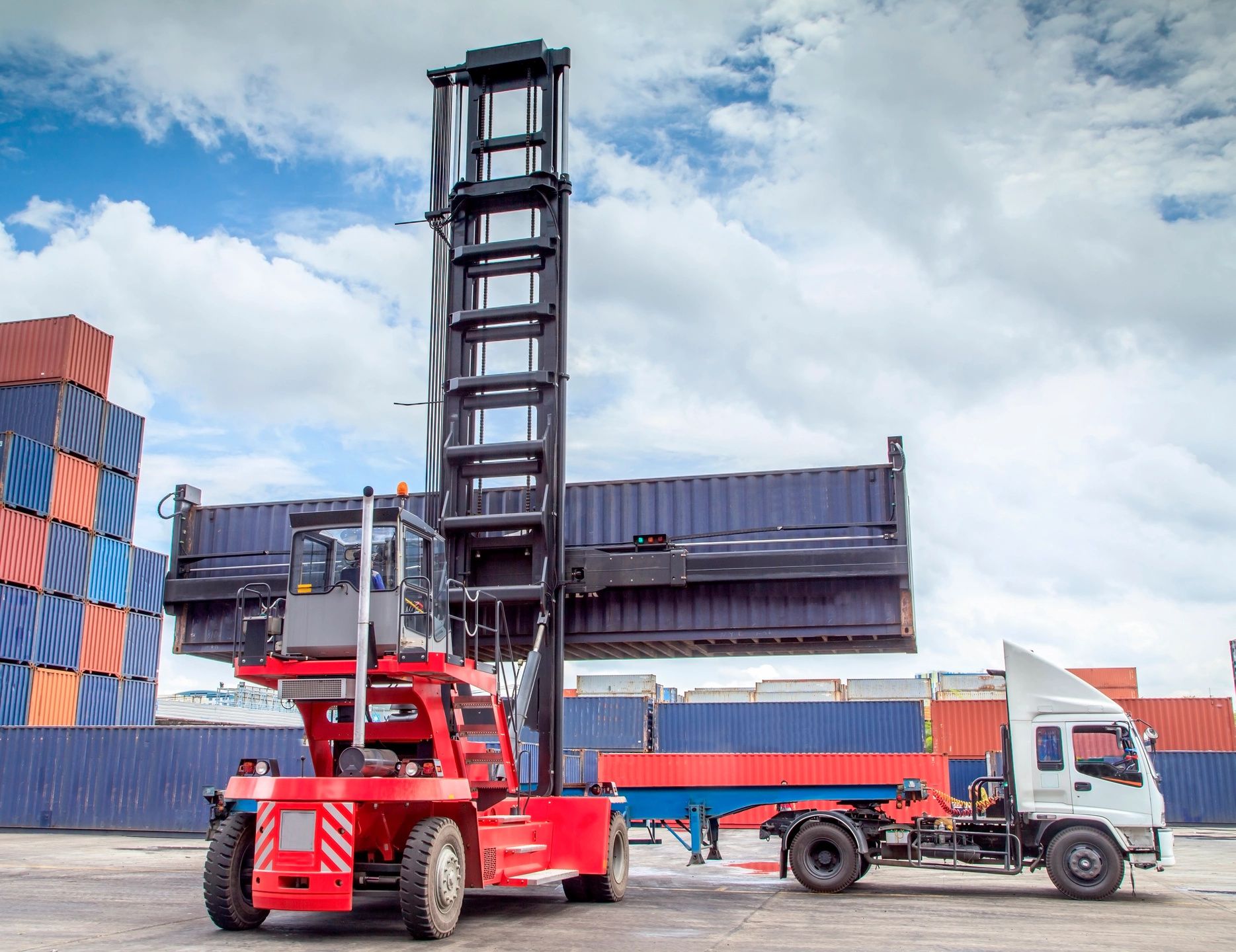
The Basics of Distribution: Channels, Methods and Partners
When thinking of the term “channels” you might think of your TV, but in distribution, we’re talking about the method in which your product gets to your customers. The path or flow of the product’s journey.
Channels are what distributors use to get your product from your manufacturer to your customer.
There are two types of channels: Direct and Indirect.
Direct channels are ones where your consumer gets your product directly from the manufacturer.
Indirect channels are ones with stops between manufacturer and consumer. These include retail stores, wholesale firms and brokers.
Choosing the right channels for your product is crucial to your company’s success.
But the decision depends on your product. Your product will drive your channel selection.
What Are the Methods of Distribution?
Your distribution strategy is key to your growth. There are three types of distribution methods that are typically utilized:
Exclusive: This type is precisely how it sounds: limited. Whether it is to certain markets, areas or locations, this type creates a high-end reputation and distribution strategy.
Intensive: Again, just as it sounds—this is as much and many places and people as possible. The goal here is to be everywhere.
Selective: Is a combination of the two, specific areas, locations and markets are considered but not so limited as exclusive.
You will make your choice based on your business goals and your product. As you’re devising your strategy, consider who you want to partner with in order to achieve those goals.
Distribution Partners
Distributors: Perhaps the most important relationship cultivator, distributors are involved nearly every step of your product’s sale. From marketing to reputation building, distributors and their reputation are so important to your success. They know the market, they understand the barriers and they get your customers. Why? Because your success is their success.
Retailers These are the stores that offer your product for sale. They will either purchase from distributors or wholesalers and aren’t very involved in the product sale process other than selling the inventory they purchased.
Wholesalers They fulfill retail orders, buy from distributors and/or manufacturers and sell in bulk.
Brokers/Agents These partners concentrate on customer relationships, manage special shipments and contracts, and help market your product.
As you can see—any and all of them affect your product, reputation and profits. You should be careful in your vetting and selection of your partners to ensure you’ve selected the ones who will help you grow.
Create Your Distribution Strategy Now
Unsure of where to begin? Start here. We are your single source contact for all your distribution needs. From channel selection to international partnerships, you will grow because we know. Reach out today to get started.
